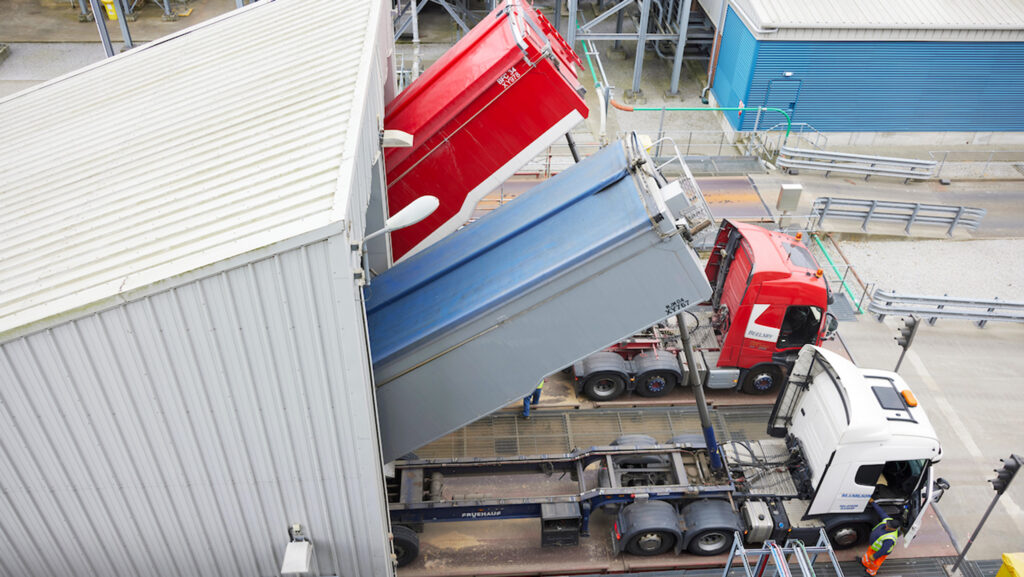UK biofuels sector in jeopardy as US trade deal stings
 © Vivergo Fuels
© Vivergo Fuels Domestic wheat growers could be set to lose a vital market if Associated British Foods decides to shut down Vivergo Fuels, its bioethanol plant near Hull, East Yorkshire.
The company has indicated that, following the US trade deal, the site could be forced to shut within a matter of weeks if the government does not intervene and stop the UK being undercut by cheaper US ethanol imports.
Vivergo Fuels is the UK’s largest bioethanol plant. It is capable of processing more than 1m tonnes of wheat annually, the equivalent to 9% of the total UK wheat crop last year.
See also: UK bioethanol firms ‘under threat’ from US trade deal
The plant is also the UK’s largest single source animal feed supplier, producing roughly 400,000t of feed, alongside 420m litres of bioethanol.
Domestic wheat prices have already been under pressure for several months.
UK feed wheat futures dropped by £6.50/t in the past week to close at £180/t on 27 May for the November contract.
A statement released by the company on 27 May said the US trade deal was the final blow and without government intervention it would not be able to purchase any more wheat outside its current limited commercial commitments.
In a letter sent to farmers, Vivergo managing director Ben Hackett said:
“We are writing to you because we know this will have an impact on you, one of our suppliers.
“We wish we didn’t have to warn you – but it is not fair to cut all supplies with no notice.
“This is avertible. If the government provides sufficient policy certainty to us in the long term and ameliorates the effects of their decisions in the short term, we can continue to operate and expand production. But so far, they have made no commitments.”
The letter also encouraged growers to contact their MPs to press them on the issue.
Gaynor Hartnell, chief executive of the Renewable Transport Fuel Association said:
“Urgent action is needed across government if we are to retain domestic renewable fuel manufacture and not be entirely reliant on imports.
“There’s been a catalogue of damaging decisions over recent years, all of which were preventable and can be remedied, but time is running out.”
Earlier in May, a joint statement was released by Vivergo and Ensus – which combined account for the vast majority of the UK’s bioethanol processing capacity – raising concerns about imports.
It is understood that the government has met with representatives from the bioethanol industry to discuss the issues and try to resolve the situation.
